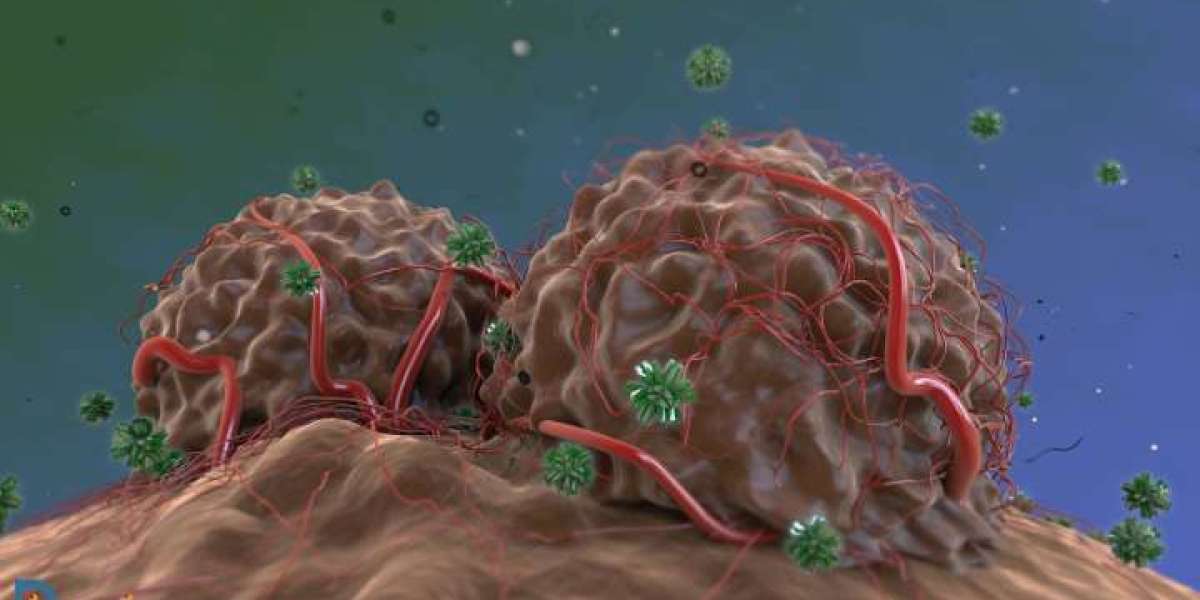The Challenge of Multiple Myeloma
Multiple myeloma originates from malignant plasma cells in the bone marrow, leading to the production of abnormal proteins that cause severe complications, including bone lesions, kidney damage, and compromised immunity. Historically, the prognosis for multiple myeloma has been challenging, with a five-year survival rate hovering around 50%. Yet, recent advancements are improving outcomes, and bispecific antibodies are emerging as a revolutionary component in this progress.
What Are Bispecific Antibodies?
Bispecific antibodies are engineered to bind simultaneously to two different antigens, a feature that enhances their ability to target and destroy cancer cells. Unlike traditional monoclonal antibodies, which bind to a single target, bispecific antibodies can engage multiple immune pathways, offering a more versatile and potent therapeutic approach.
The Breakthrough Potential of Bispecific Antibodies in MM
Clinical trials have showcased the promising potential of bispecific antibodies in treating multiple myeloma. Among the most noteworthy are bispecific T-cell engagers (BiTEs), which have demonstrated significant anti-tumor activity in patients with heavily pre-treated disease. By bridging T-cells with myeloma cells, BiTEs activate a robust immune response that can lead to substantial reductions in tumor burden and improved patient outcomes.
A pivotal study focusing on a bispecific antibody targeting BCMA (B-cell maturation antigen) revealed impressive results, including high response rates and notable instances of complete or partial remission. This success has spurred ongoing research and development, with several bispecific antibodies currently being tested in clinical trials.
Advantages Of Conventional Treatments
The advent of bispecific antibodies brings several advantages to the treatment of multiple myeloma:
Precision Targeting: By focusing on cancer cells while minimizing damage to healthy tissues, bispecific antibodies may reduce side effects and enhance overall treatment tolerance.
Enhanced Efficacy: Their dual-targeting mechanism can lead to more effective tumor eradication compared to traditional therapies.
Reduced Resistance: Bispecific antibodies can overcome some of the resistance mechanisms that limit the effectiveness of conventional treatments.
Innovative Therapies: As an emerging class of drugs, bispecific antibodies represent a significant innovation in the fight against multiple myeloma, offering new strategies for managing this complex disease.
Conclusion
The emergence of bispecific antibodies marks a transformative moment in the treatment of multiple myeloma. With their ability to harness and enhance the body’s immune response, these therapies offer new avenues for the effective management of this challenging cancer. As research continues to evolve, bispecific antibodies are poised to play a crucial role in improving outcomes and reshaping the future of multiple myeloma care.






